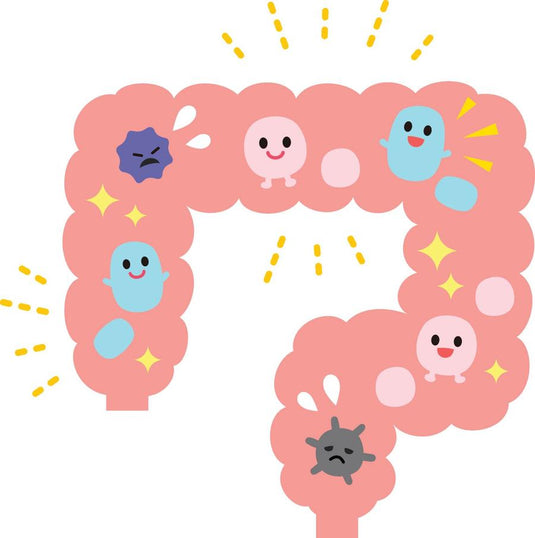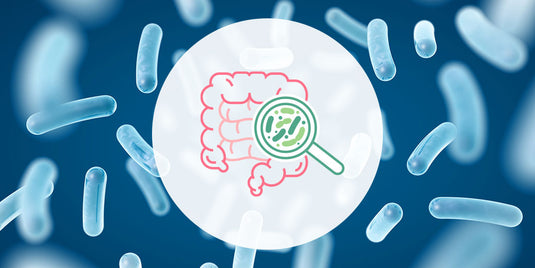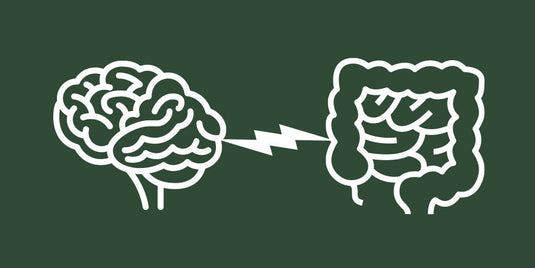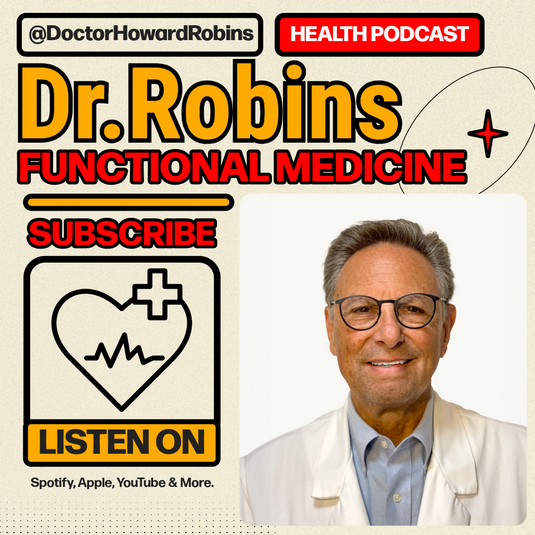Scientists define probiotics as live microorganisms that, when administered in adequate amounts, confer a health benefit on the host. They can help support the bacteria that already reside in our gut, especially under circumstances when our microbiota is challenged such as taking antibiotics, having a poor diet or when traveling. Probiotics are present in numerous foods and dietary supplements.

What Can Probiotics Do For You?
- Help your immune system function properly
- Aid digestion by breaking down some of the food we can’t digest
- Keep harmful microorganisms in check
- Produce vitamins and aid in nutrient absorption
Some Probiotics Can
- Help reduce antibiotic-associated diarrhea
- Help manage digestive discomforts
- Help reduce colic symptoms and eczema in infants
- Help with the digestion of lactose
- Treat infectious diarrhea
- Decrease risk or duration of common infections, including: respiratory tract, gut and vaginal tract
Choosing A Probiotic
- Know your probiotic. Probiotics are known by their genus, species and strain (for example, Lactobacillus acidophilus ABC). Products should display each strain’s designation.
- Match the strain to the benefit you want. Not all strains are the same. See usprobioticguide.com or probioticchart.ca.
- Amounts matter. Be sure the product contains at least the level of probiotics that was used in the study. Higher counts are not necessarily better. Levels of live probiotics should be provided through the ‘best by’ date (not time of manufacture).
- Supplements or foods? More important than supplement vs food is getting an effective probiotic strain at an effective dose. Some yogurts, fermented milks and some other foods may contain probiotics. Look for added probiotics listed on the label and for a food that fits within your healthy diet.
- Other fermented foods? Traditional yogurts contain live bacteria that can help digestion of lactose, but not all fermented foods contain live cultures that meet the de nition of probiotic. See ISAPPscience.org/fermented-foods
- Safety. Probiotics are safe for most people, but talk to your doctor if you su er from an immune disorder, have a serious underlying illness, have short gut, or before giving to a young infant.


![THE DOCTOR’S BIOME® DIFFERENCE [We Have the Smarts and the Charts]](http://doctorsbiome.com/cdn/shop/articles/DB_Difference_Infographic_27fc57ba-5eda-489e-b6d1-45f50e7c49a8_535x.jpg?v=1748981561)

